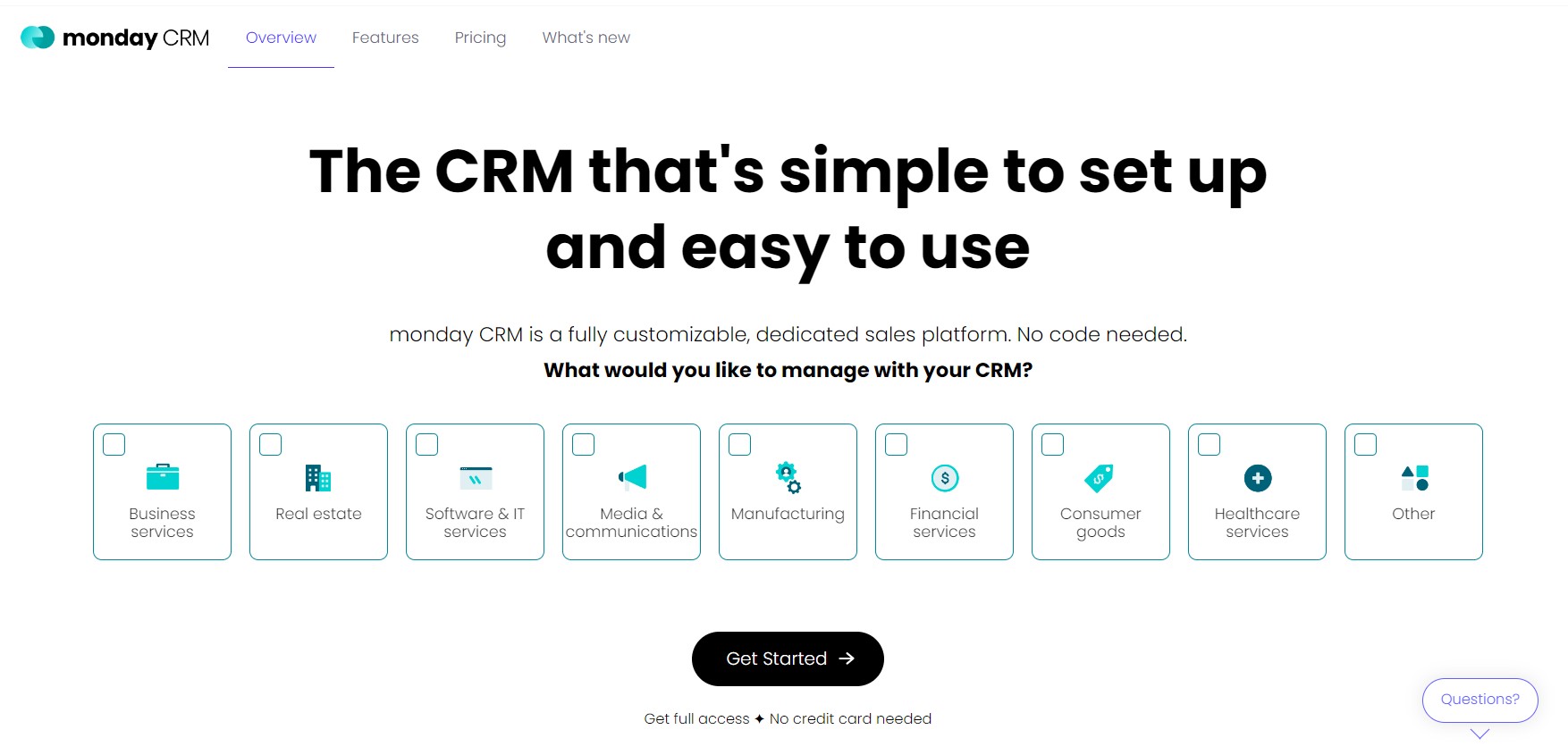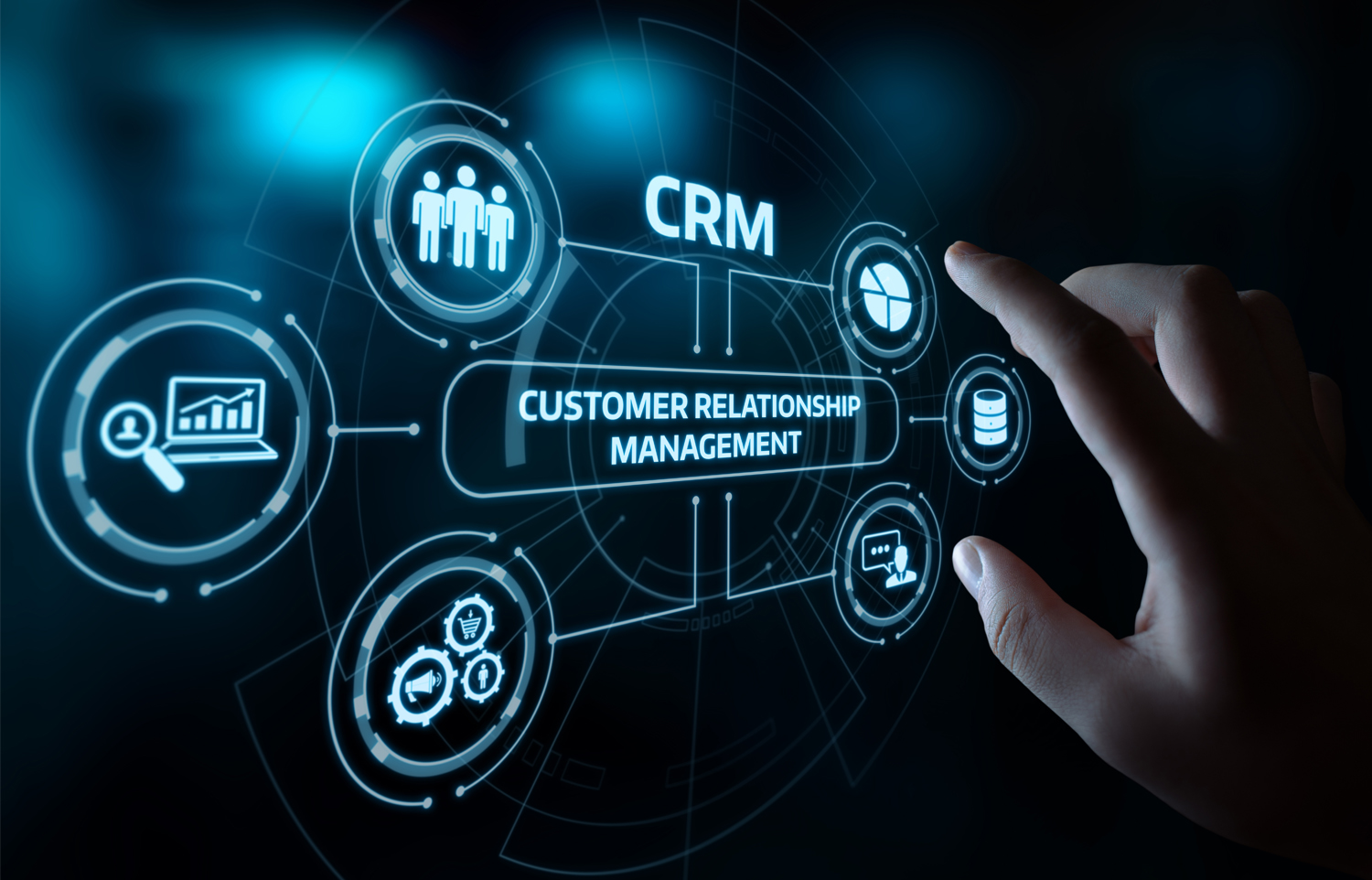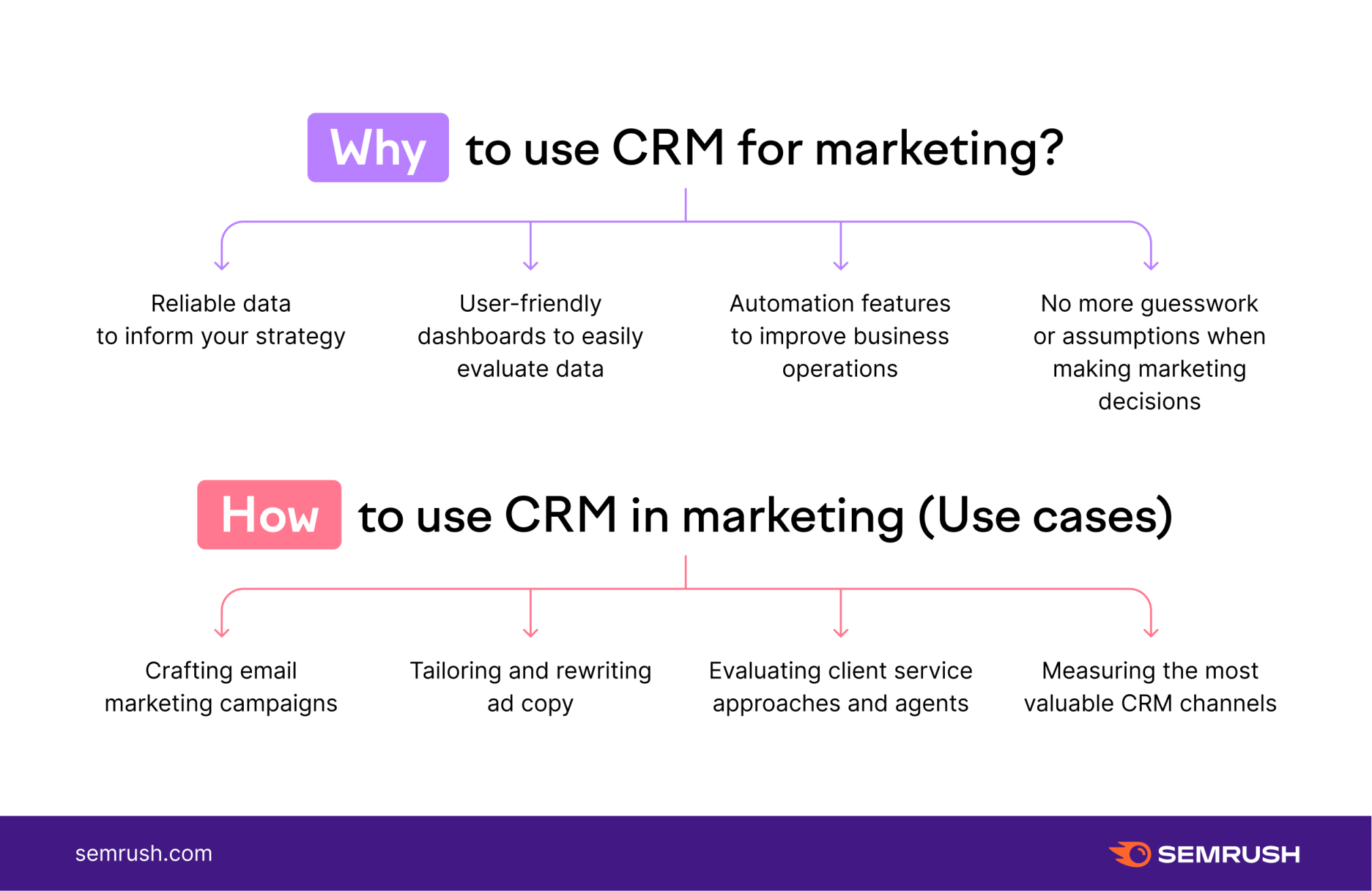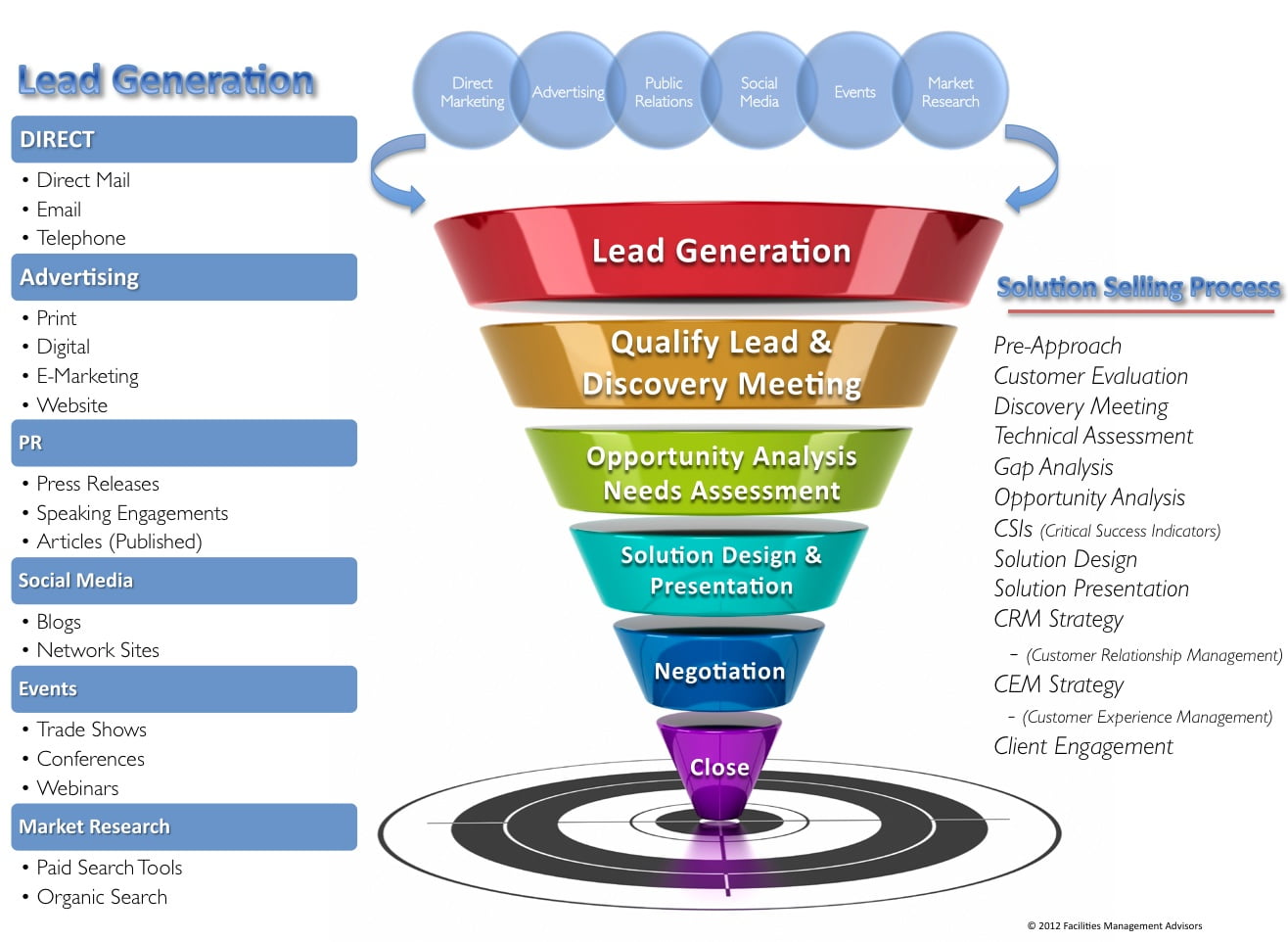Supercharge Your Events: A Comprehensive Guide to CRM Marketing Event Planning
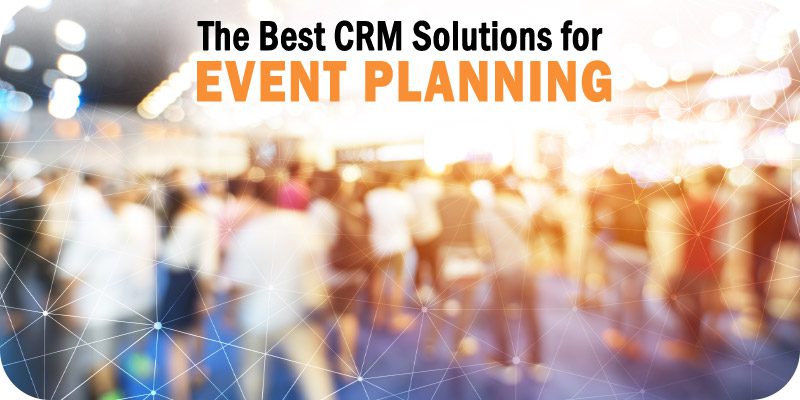
Supercharge Your Events: A Comprehensive Guide to CRM Marketing Event Planning
In the dynamic world of marketing, events remain a cornerstone of engagement and lead generation. But simply hosting an event isn’t enough. To truly maximize your return on investment (ROI) and build lasting relationships, you need a strategic approach that integrates seamlessly with your Customer Relationship Management (CRM) system. This comprehensive guide dives deep into the art and science of CRM marketing event planning, providing you with the knowledge and tools to create unforgettable experiences that drive results.
Understanding the Power of CRM in Event Planning
Before we delve into the specifics, let’s establish why CRM is so crucial in event planning. A CRM system acts as the central nervous system of your marketing efforts, housing all your customer data in one centralized location. This includes contact information, past interactions, preferences, and purchase history. By integrating your event planning with your CRM, you unlock a wealth of benefits:
- Targeted Marketing: Segment your audience based on their interests, demographics, and past engagement to deliver highly relevant event invitations and communications.
- Personalized Experiences: Tailor event experiences to individual attendee preferences, making them feel valued and understood.
- Streamlined Processes: Automate tasks such as invitation sending, registration management, and post-event follow-up, saving you time and resources.
- Improved ROI Measurement: Track event performance metrics, such as attendance rates, lead generation, and sales conversions, to accurately measure your ROI.
- Enhanced Lead Nurturing: Nurture leads generated at events through targeted follow-up campaigns, moving them closer to conversion.
Phase 1: Planning and Preparation – Laying the Foundation
Successful event planning starts long before the event itself. This phase focuses on defining your objectives, identifying your target audience, and selecting the right CRM tools.
1. Define Your Event Goals and Objectives
What do you hope to achieve with your event? Are you aiming to generate leads, build brand awareness, launch a new product, or strengthen relationships with existing customers? Clearly defined objectives will guide your planning and help you measure success. Be specific and set measurable goals, such as:
- Number of leads generated
- Number of attendees
- Sales conversions
- Brand mentions on social media
- Customer feedback and satisfaction
2. Identify Your Target Audience
Who are you trying to reach? Understanding your target audience is crucial for tailoring your event content, format, and marketing efforts. Consider factors such as:
- Demographics: Age, location, industry, job title, etc.
- Interests: What are their pain points, challenges, and aspirations?
- Behavior: How do they interact with your brand? What events have they attended in the past?
Your CRM data is invaluable in this process. Analyze your existing customer data to identify key segments and create detailed audience personas.
3. Choose the Right CRM Tools
Your CRM system is the backbone of your event planning strategy. Select a platform that offers robust event management features, such as:
- Contact Management: Store and manage all your attendee data.
- Segmentation: Group your audience based on various criteria.
- Email Marketing: Send targeted invitations and follow-up communications.
- Event Registration: Manage event registrations and track attendance.
- Reporting and Analytics: Measure event performance and track ROI.
- Integration Capabilities: Seamlessly integrate with other marketing tools.
Popular CRM platforms with strong event management capabilities include Salesforce, HubSpot, Marketo, and Zoho CRM. Carefully evaluate your needs and budget to choose the best solution for your business.
4. Budgeting and Resource Allocation
Develop a detailed budget that covers all event expenses, including venue rental, catering, marketing materials, speaker fees, and staffing. Allocate resources effectively to ensure the success of your event. Consider the following:
- Venue: Research and select a venue that aligns with your event objectives and target audience.
- Marketing: Allocate budget for advertising, social media promotion, and email marketing.
- Staffing: Determine the number of staff members required to manage registration, guest services, and event logistics.
- Technology: Invest in the necessary technology, such as event registration software, presentation equipment, and Wi-Fi.
Phase 2: Event Promotion and Registration – Getting the Word Out
Once you’ve laid the groundwork, it’s time to promote your event and drive registrations. Your CRM system is your most powerful ally in this phase.
1. Segment Your Audience and Craft Targeted Invitations
Leverage your CRM data to segment your audience and create targeted invitations that resonate with each group. Personalize your invitations with attendee names, relevant content, and tailored calls to action. Use A/B testing to optimize your email subject lines, content, and calls to action.
2. Utilize Email Marketing Campaigns
Email marketing is a crucial tool for promoting your event. Create a series of email campaigns that build anticipation and drive registrations. Consider the following email types:
- Save the Date: Send a preliminary email to inform your audience about the event and its date.
- Invitation: Send a formal invitation with event details, registration information, and a compelling call to action.
- Reminder: Send reminders to those who haven’t registered yet.
- Confirmation: Send a confirmation email to registered attendees with event details and any necessary information.
- Pre-Event Communication: Send emails with agenda updates, speaker bios, and any other relevant information to build excitement.
3. Leverage Social Media and Other Marketing Channels
Promote your event across various social media platforms, using engaging content, eye-catching visuals, and relevant hashtags. Consider these strategies:
- Create a dedicated event page on your website.
- Run targeted social media advertising campaigns.
- Partner with industry influencers to promote your event.
- Utilize paid advertising (PPC) to target specific keywords and demographics.
4. Manage Registration and Track Attendance
Use your CRM system to manage event registrations and track attendance. This allows you to:
- Monitor registration numbers in real-time.
- Send automated confirmation emails and reminders.
- Track attendee demographics and interests.
- Identify no-shows and follow up with them.
Phase 3: Event Execution – Delivering a Memorable Experience
The execution phase is where your meticulous planning comes to life. Focus on creating a seamless and engaging experience for your attendees.
1. Venue Setup and Logistics
Ensure that your venue is set up according to your event plan. Pay attention to the following:
- Registration Desk: Set up a smooth and efficient registration process.
- Signage: Use clear and concise signage to guide attendees.
- Technology: Ensure all technology, such as projectors, microphones, and Wi-Fi, is working properly.
- Catering: Coordinate catering and ensure that food and beverages are readily available.
2. Engaging Content and Presentations
Deliver high-quality content and presentations that are relevant to your target audience. Consider incorporating interactive elements, such as Q&A sessions, polls, and group activities. Keep attendees engaged and interested throughout the event.
3. Networking and Relationship Building
Facilitate networking opportunities for attendees. Encourage them to connect with each other and with your team. Consider these strategies:
- Provide networking breaks.
- Organize icebreaker activities.
- Introduce attendees to each other.
4. On-Site Data Collection
Collect data on-site to enhance future events. This may include:
- Attendee feedback.
- Lead capture.
- Surveys.
- Social media engagement.
Phase 4: Post-Event Follow-Up – Nurturing Leads and Measuring Success
The event concludes, but your work isn’t over. This phase focuses on nurturing leads, measuring event performance, and building lasting relationships.
1. Send Thank-You Emails and Follow-Up Communications
Send a thank-you email to all attendees, expressing your gratitude for their participation. Include relevant content, such as presentation slides, recordings, and links to additional resources. Tailor your follow-up communications based on attendee behavior. For example, send a different email to those who attended all sessions compared to those who didn’t show up.
2. Nurture Leads and Qualify Prospects
Use your CRM system to nurture leads generated at the event. Implement lead nurturing campaigns to move prospects closer to conversion. This may involve sending targeted emails, offering valuable content, and providing personalized support.
3. Analyze Event Performance and Track ROI
Measure your event performance and track your ROI. Analyze metrics such as:
- Attendance rate.
- Lead generation.
- Sales conversions.
- Customer satisfaction.
- Social media engagement.
Use this data to identify areas for improvement and refine your event planning strategy for future events.
4. Maintain Relationships and Foster Engagement
Continue to engage with attendees after the event. Keep them informed about your brand, products, and services. Consider these strategies:
- Send regular newsletters.
- Invite them to future events.
- Engage with them on social media.
- Offer exclusive content and promotions.
Advanced CRM Marketing Event Planning Strategies
Once you’ve mastered the basics, you can explore more advanced CRM marketing event planning strategies.
1. Personalization and Customization
Go beyond basic segmentation and personalization. Use dynamic content to deliver highly relevant experiences. For example, personalize event invitations based on past purchase history or website activity.
2. Integration with Marketing Automation
Integrate your CRM with marketing automation platforms to streamline your event planning processes and automate follow-up campaigns. This allows you to create complex workflows that nurture leads and drive conversions.
3. Mobile Event Apps
Utilize mobile event apps to enhance the attendee experience. Provide access to event schedules, speaker bios, networking features, and interactive content.
4. Gamification
Incorporate gamification elements to increase attendee engagement. Create challenges, contests, and leaderboards to encourage participation.
5. Data Analytics and Reporting
Invest in robust data analytics and reporting capabilities. Track key metrics, identify trends, and gain insights into event performance. Use these insights to optimize your event planning strategy and improve your ROI.
Examples of CRM Marketing Event Planning in Action
Let’s look at some real-world examples of how businesses are using CRM for event planning:
- A Software Company: A software company uses its CRM to segment its audience based on product usage and industry. They then send targeted invitations to a webinar showcasing new features relevant to each segment. Attendees receive personalized follow-up emails with links to demos and special offers.
- A Financial Services Firm: A financial services firm hosts a series of educational seminars. They use their CRM to track attendee demographics, interests, and investment goals. They then use this data to tailor their presentations and follow-up communications, offering personalized financial advice and investment opportunities.
- A Retail Brand: A retail brand hosts exclusive in-store events for loyalty program members. They use their CRM to send invitations to members based on their purchase history and preferences. Attendees receive personalized offers and exclusive access to new products.
Common Mistakes to Avoid
Even with the best intentions, it’s easy to make mistakes in event planning. Here are some common pitfalls to avoid:
- Poor Planning: Failing to define your objectives, target audience, and budget.
- Lack of Personalization: Sending generic invitations and communications.
- Insufficient Promotion: Not promoting your event across multiple channels.
- Poor Attendee Experience: Not focusing on creating a memorable and engaging experience.
- Failure to Follow Up: Not nurturing leads and tracking event performance.
Conclusion: Embrace the Power of CRM for Event Success
CRM is no longer a luxury; it’s a necessity for successful event planning. By integrating your CRM with your event strategy, you can target your audience more effectively, personalize the attendee experience, streamline your processes, and measure your ROI with greater accuracy. Embrace the power of CRM and transform your events into lead-generating, relationship-building machines. By following the strategies outlined in this guide, you’ll be well on your way to creating events that not only meet but exceed your expectations.
Remember, event planning is an ongoing process. Continuously analyze your results, adapt your strategies, and experiment with new approaches to maximize your event’s impact.

